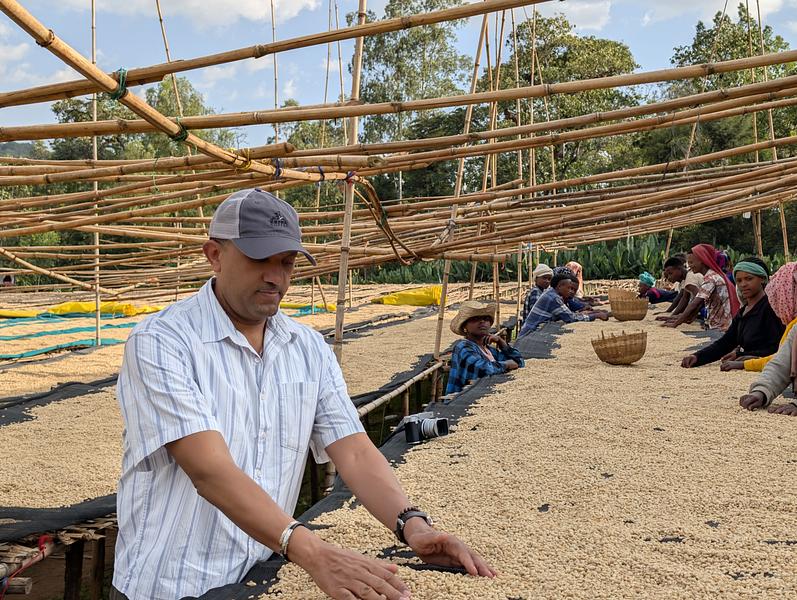
February 12, 2026 · Samuel Demisse
Ethiopian Coffee Harvest 2026: What We Found on the Ground This January
Cherry prices have tripled across Ethiopia's coffee regions. Washed Yirgacheffe and Guji lots will be significantly tighter this season as farmers shift to natural processing. Here's what our January origin visit told us.
